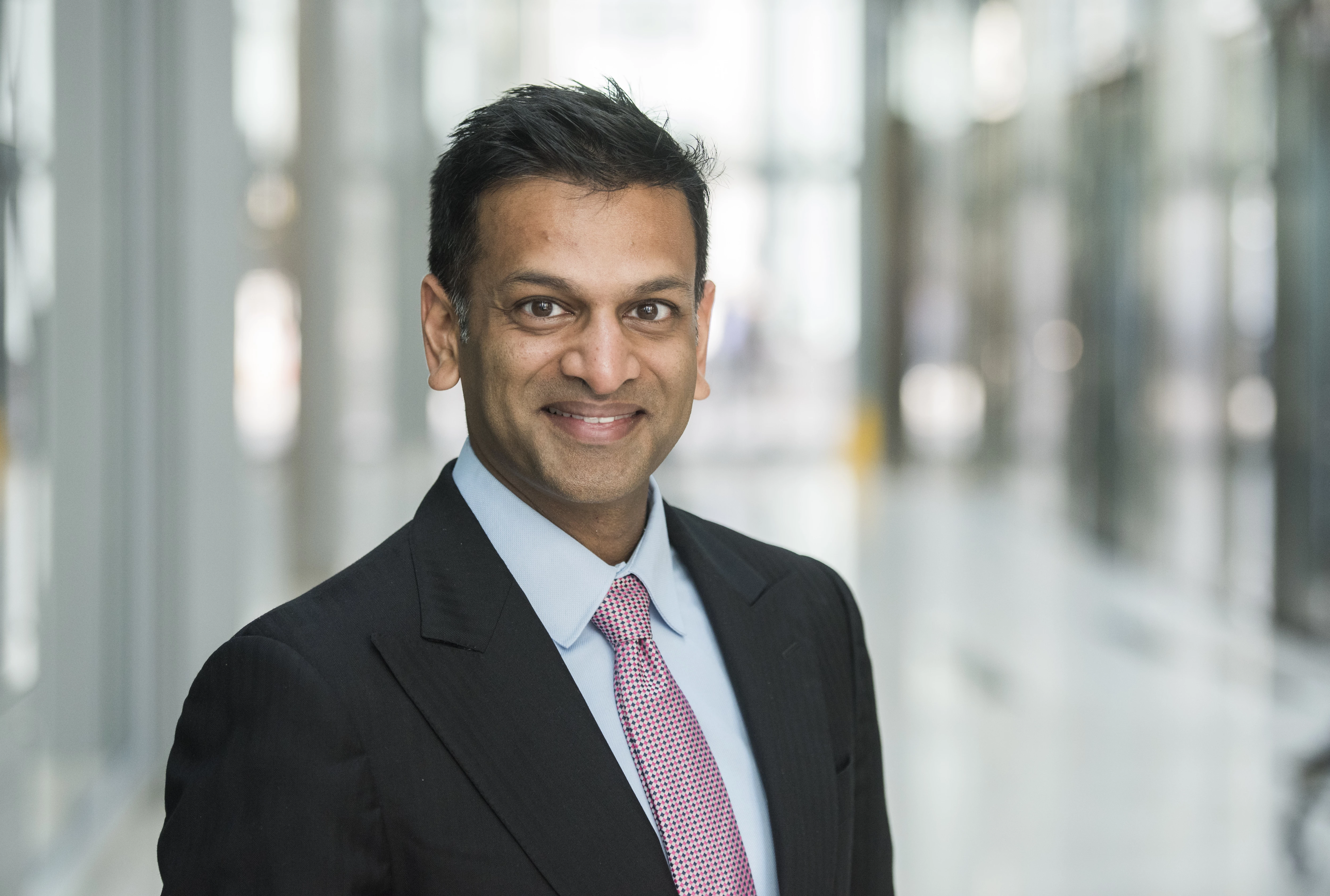
Partner Article
Fake news impacted voters leading up to 2016 US General Election
Increased production of fake news in the run up to the 2016 US General Election did impact the public’s news viewing habits, new research from the UCL School of Management reveals.
The conversion of fake news article production to fake news site consumption was comparable to traditional banner advertising click through rates.
The findings reveal that fake news production affected everyone, not just those who had a prior disposition to it. Their findings counter the prevailing idea that fake news likely only affected people who obtain news from “echo chambers” to confirm their existing beliefs.
According to Assistant Professor Anil Doshi and his co-authors, while the consumption of credible news remained largely consistent before and after the election, with an expected spike the day after Election Day, consumption of fake news steadily increased in the lead up to the US general election and then tailed off after.
Professor Doshi says: “We have always dealt with misinformation, but now anyone can produce it, it is instantly available to everybody, and oversight is exceedingly difficult. Although we cannot directly say how our findings affected voting behaviour, the 2016 US election was decided by such narrow margins in some states, we need to seriously consider institutional and regulatory responses.”
These findings come from a 7-week study in the lead up to the election of over 1,400 internet users who accumulated over 1.7 million website visits.
This was posted in Bdaily's Members' News section by UCL School of Management .








 We must make it easier to hire young people
We must make it easier to hire young people
 Why community-based care is key to NHS' future
Why community-based care is key to NHS' future
 Culture, confidence and creativity in the North East
Culture, confidence and creativity in the North East
 Putting in the groundwork to boost skills
Putting in the groundwork to boost skills
 £100,000 milestone drives forward STEM work
£100,000 milestone drives forward STEM work
 Restoring confidence for the economic road ahead
Restoring confidence for the economic road ahead
 Ready to scale? Buy-and-build offers opportunity
Ready to scale? Buy-and-build offers opportunity
 When will our regional economy grow?
When will our regional economy grow?
 Creating a thriving North East construction sector
Creating a thriving North East construction sector
 Why investors are still backing the North East
Why investors are still backing the North East
 Time to stop risking Britain’s family businesses
Time to stop risking Britain’s family businesses
 A year of growth, collaboration and impact
A year of growth, collaboration and impact